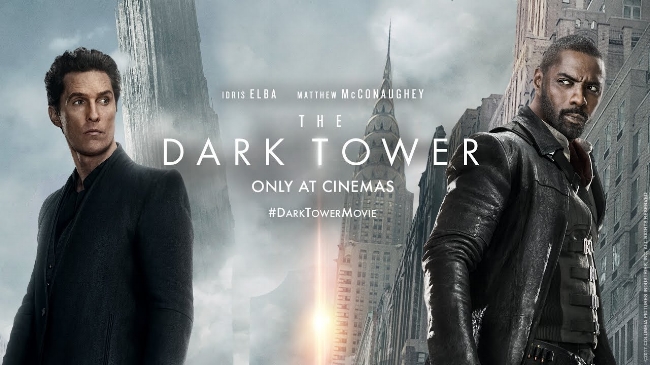Shalako (1968)
From the 1950s to the mid 1970s, most major film stars would appear in a western at some point in their career. The western genre was simply too popular and lucrative to avoid or dismiss. So it probably won’t come as a surprise to learn that after he walked away from James Bond in 1967, Sean Connery appeared in the western Shalako, a year later. Based on a novel by Louis L’Amour, this European financed production with an international cast is a curious beast that straddles two competing approaches to the genre. The traditional, romanticised western with its stylised tropes was giving way to a grittier, revisionist approach. Shalako still feels like an example of the former but director Edward Dmytryk does not shy away from the more contemporary use of violence. The film drags, especially during the awkward romantic interludes between Connery and Brigitte Bardot. But the action scenes are quite gritty and some of the story’s themes are quite dour.
Shalako starts with an opening crawl by author Louis L’Amour, stating how many European nobles and dignitaries came to American to hunt and to experience the frontier. The story then focuses on a party of visiting aristocrats and a U.S. senator who are on a hunting expedition, while bringing all the trappings of their lifestyle with them. Servants, vintage wine and silverware as well their socioeconomic based hubris. Their questionable guide Bosky Fulton (Stephen Boyd) foolishly camps on Apache land incurring the wrath of the local chief and his warriors. When Countess Irina (Bardot) is waylaid by the Indians she is rescued by ex-army scout Shalako (Sean Connery), who had previously brokered a peace between the Indians and the US government. The pair return to the camp and inform Baron Frederick Von Hallstatt (Peter van Eyck) of the impending attack. However, neither the European dignitaries or Fulton and his men take the threat seriously. The subsequent raid the following dawn is barely repelled and leaves many dead. Fulton abandons his employer and his men take all the remaining food, water and ammunition. It is up to Shalako to lead the survivors out of Indian territory.
Filmed in Almeria, Spain, where so many international westerns were, Shalako boasts a strong cast, a desolate location and some well choreographed action scenes staged by former Bond stunt arranger Bob Simmons. On paper it all has the making for a solid western. Unfortunately the reality is somewhat different. The pacing is somewhat pedestrian and the screenplay struggles with the themes it attempts to explore. There’s a lot of unrequited love, marital resentment and lust simmering away among the characters. Senator Henry Clarke (Alexander Knox) blames his wife’s ethnicity for his political career stalling. Lady Daggett (Honor Blackman) despises her older husband (Jack Hawkins) and flirts with their guide Fulton. And Countess Irina is expected to marry the Baron but is conflicted by her desire for Shalako. These plot threads initially seem like they are going to be handled in a modern way, reflecting the changing morality of the sixties. Sadly all are resolved in a distinctly twee, old school fashion.
The story lurches between such dated scenes and several action sequences which although not especially graphic are tonally quite strong. One of Fulton’s team is captured by Indians and tied over a broken lance, while precariously balanced in a stress position. When he inevitably can no longer support his own body weight, he collapses and is impaled. One of the Baron’s staff is shot with a flaming arrow. He dies during a desperate attempt to remove it. Lady Daggett is captures by an Indian war party and there is a rather disturbing threat of rape as she is tormented by her captors. The casting of African American actor Woody Strode as an Apache is dated and somewhat risible. There is also an excess of the cast riding through the utterly barren terrain. Overall it feels as if the film could have lost fifteen minutes to tighten the flow of the story. The title song is another unnecessary hangover from earlier western films.
Shalako did not fare well in the US but did surprisingly well at the box office in Europe. However, due to the complexities of the film’s financing, the production just about broke even. Producer Euan Lloyd had a penchant for looking back at the golden age of Hollywood and attempting to recreate it at a time when the industry was moving on. Many of his later films would fall between similar stools. Paper Tiger, The Wild Geese and Who Dares Wins all boast strong casts and robust production values but are also saddled with politically naive storylines that are out of step with the contemporary views of the times. Shalako, as mentioned earlier, seems to want to be gritty and yet clings to a very formal western idiom at times. An odd outcome considering director Edward Dmytryk’s pedigree, with films such as The Caine Mutiny (1954) and Alvarez Kelly (1966). At most Shalako remains a cinematic curiosity. The only western that Sean Connery made and a rare British produced genre entry.








